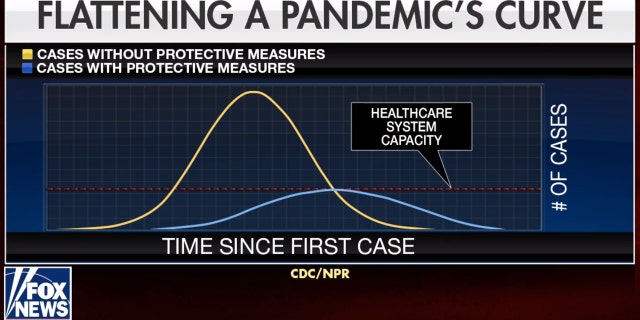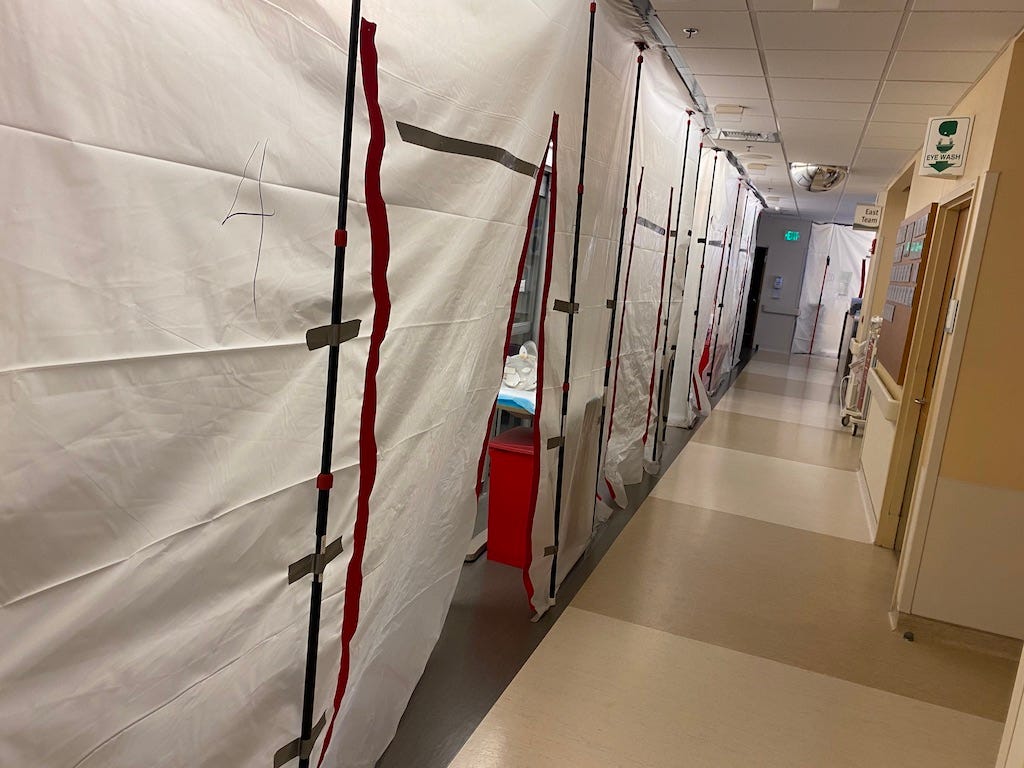
www.Circa1865.org The Great American Political Divide
As a result of extreme racial prejudice toward blacks, the 109th Illinois Regiment, formed in September 1862, was disarmed and imprisoned during the war due to opposition in the ranks to Lincoln’s proclamation emancipating slaves and arming them. Another regiment, the 128th Illinois formed in November 1862, “was disbanded because of a high desertion rate, possibly caused by the prospect of white soldiers serving in the army with black troops.”
But as other Northern governors discovered with Lincoln shrewdly allowing States to count black men, no matter their place of origin or how obtained, against their State troop quotas, white military age men could remain home. And if the latter were caught in the draft, brokers found black men to be paid substitutes.
Black Codes in Illinois
“State authority over one aspect of the US Colored Troops was retained; States were authorized to recruit black soldiers and to provide camps of assembly for their organizations into regiments and batteries. The State’s incentive was that a black soldier counted the same as a white recruit in meeting the State’s Washington-imposed volunteer quota. On the day of mustering in . . . black units became a federal responsibility.
When conscription began in mid-1863, meeting volunteer quotas became more important . . . Exemptions could be purchased, however, and paid substitutes were accepted, thus benefiting the more affluent members of society. The draft itself caused riots among the working class in New York, and numerous assaults on black troops were reported.
Illinois governor Richard Yates [believed] that the rebellion had to be destroyed and that Illinois was ready for the call to total war. Black interest in military service was not high, but it was encouraged by black leader Frederick Douglass’ March 1863 call, “Men of Color to Arms” . . . His emphasis on the killing of slaveholders did not do much to stir blacks in the North, and the fact that blacks were paid less than their white comrades and were refused [officer] commissions made the recruiting job difficult.
The background of race relations in Illinois was not one of tolerance . . . Only a year after the State joined the Union, 1818, it passed the first of a series of “black codes” that continued in effect in various forms until 1865. These laws required blacks to record at the county seat a “certificate of freedom” and a description of family members, information allowing overseers of the poor to expel them from the State when it was thought necessary. Other provisions withheld court standing and the vote from blacks, allowed flogging of “lazy” or disobedient blacks, and made the harboring of a black by another black a felony calling for a fine and a thirty-five stripe whipping.
Free blacks entering the State had to post a one-thousand dollar bond as a guarantee against becoming a public charge, and blacks who could not pay fines could be sold to indentured service. Furthermore, blacks could not serve in the militia and were not provided education by law. Asked in 1862 if the State should modify a law making it “a crime for a Negro to set foot in Illinois,” 150,000 out of 260,000 voters in a constitutional referendum opposed repeal.”
(The Black Civil War Soldiers of Illinois: The Story of the Twenty-Ninth US Colored Infantry, Edward A. Miller, Jr., University of South Carolina Press, 1998, excerpts pp. 4-7)




